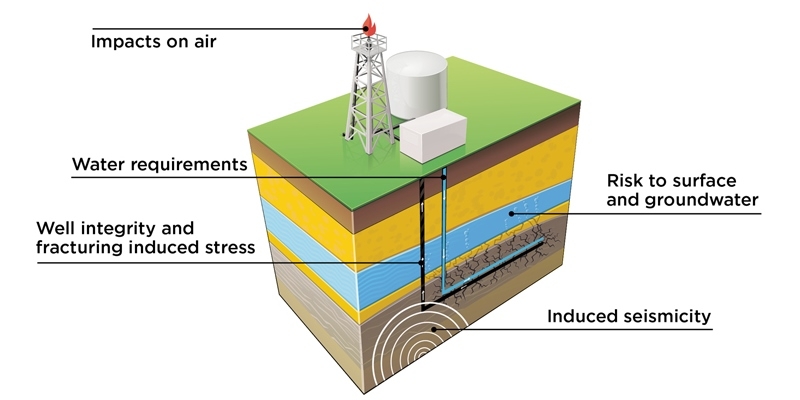Managing the Risks of Hydraulic Fracturing: An Update

Activist groups continue to oppose hydraulic fracturing, a new application of old technologies that is unlocking vast supplies of oil and natural gas in the United States and Canada. This opposition has resulted in the establishment of moratoria in several Canadian provinces, preventing the extraction of resources that could provide Canadians with significant benefits.
Research on the safety of hydraulic fracturing confirms that while there are indeed risks with it, they are for the most part readily manageable with available technologies and best practices.
Ground water contamination is one of the greatest concerns voiced by opponents of hydraulic fracturing. But as a recent US Environmental Protection Agency multi-year study found, hydraulic fracturing has not led to systemic impacts on drinking water. Research has also found that risks from well integrity failure are minimal when best practice procedures are implemented. Risks from exposure to the various air emissions generated by hydraulic fracturing are found to be minimal and manageable. Hydraulic fracturing and the natural gas it produces could also lead to fewer CO2 emissions if natural gas displaces coal in electricity generation.
While hydraulic fracturing can cause increased seismic activity, the tremors generated by the process are often very small—undetectable at the earth’s surface. When compared with other industries such as mining and conventional oil and gas extraction, the magnitudes and incidences of earthquakes caused by hydraulic fracturing are quite minimal.
Authors:
More from this study
Subscribe to the Fraser Institute
Get the latest news from the Fraser Institute on the latest research studies, news and events.



